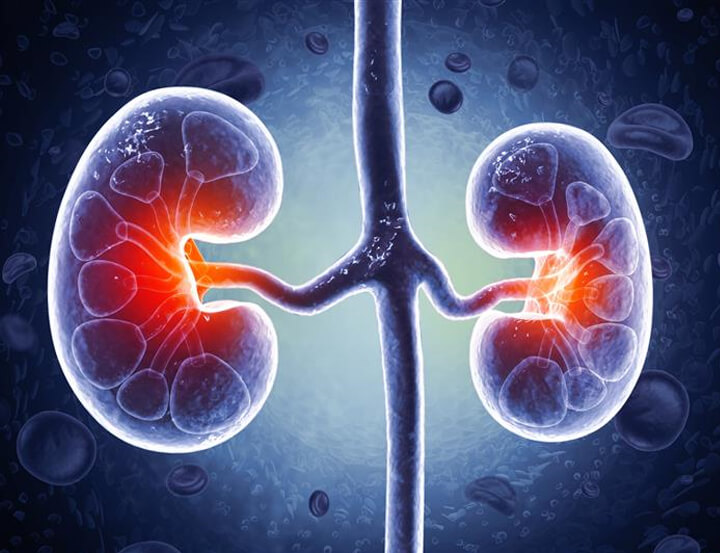
Kidney failure (also called end-stage renal disease) usually develops after long-term damage to the kidneys. The most common causes include:
1. Diabetes (Diabetic Nephropathy) – The Leading Cause
High blood sugar gradually destroys the tiny blood vessels in the kidneys, reducing their filtering ability.
Why common: Rising rates of diabetes, especially Type 2 diabetes, poor diet, obesity, and untreated high blood sugar.
2. Hypertension (High Blood Pressure)
High blood pressure weakens kidney blood vessels and causes scarring.
Why common:
Stress Obesity High salt intake Genetics Untreated long-term hypertension 3. Chronic Glomerulonephritis
Inflammation of the kidney’s filtering units (glomeruli).
Causes include infections, autoimmune diseases, or unknown triggers.
4. Recurrent or Untreated Kidney Infections (Pyelonephritis)
Repeated infections damage kidney tissue over time.
5. Prolonged Use of Harmful Medications
Certain drugs can damage kidneys when overused, including:
NSAIDs (e.g., ibuprofen, diclofenac, naproxen) Certain antibiotics Some herbal concoctions Unregulated supplements
This is especially common where over-the-counter self-medication is frequent.
6. Obstruction of Urine Flow
Anything that blocks urine can lead to kidney damage:
Kidney stones Enlarged prostate (in men) Tumors Congenital abnormalities 7. Polycystic Kidney Disease (Genetic)
Inherited disorder causing multiple cysts that damage kidneys.
8. Severe Dehydration & Poor Water Intake
Chronic dehydration reduces kidney perfusion and contributes to the formation of stones.
9. Exposure to Environmental Toxins
Heavy metals, contaminated water, industrial chemicals, and some traditional medicines can impair kidney function.
10. Autoimmune Diseases
E.g., lupus nephritis, where the immune system attacks kidney tissue.
Solutions and Preventive Measures 1. Control Blood Sugar Regular monitoring Take diabetes medications as prescribed Reduce refined sugars and processed foods Maintain a healthy weight
Good diabetic control dramatically reduces kidney disease risk. 2. Manage Blood Pressure Reduce salt intake Exercise regularly Avoid smoking Use antihypertensive medications when needed
Target BP for kidney protection: <130/80 mmHg. 3. Stay Hydrated
Drink adequate water daily (about 2–3 liters unless restricted for medical reasons).
4. Avoid Excessive Painkillers
Limit long-term use of NSAIDs and avoid unregulated herbal medications.
5. Treat Infections Promptly
Urinary tract infections should be diagnosed and treated early to prevent kidney involvement.
6. Healthy Diet
Prioritize:
Fresh fruits/vegetables Whole grains Lean proteins Low salt/sodium Limited red meat and processed foods 7. Maintain a Healthy Weight
Obesity increases the risk of diabetes and hypertension.
8. Regular Medical Check-ups Annual kidney function tests Early detection for high-risk groups (diabetics, hypertensives, family history) 9. Avoid Smoking and Alcohol Abuse
Both impair kidney and cardiovascular health.
10. Manage Obstructions
Seek medical attention for:
Difficulty urinating Severe back/flank pain Stones Enlarged prostate.